
What You Need to Know About Vitamins and Supplements for Heart Health
Your heart is one of the hardest-working muscles in your body — beating about 100,000 times a day — and it needs the right nutrients to keep up.
The best part? You’re probably already feeding it what it needs without realizing it.
But when it comes to vitamins and supplements, things get complicated fast.
Are those “heart health” pills actually helping you — or quietly doing the opposite?
Let’s dive into what cardiologists really say about vitamins, minerals, and supplements for heart health — and when you should actually take them.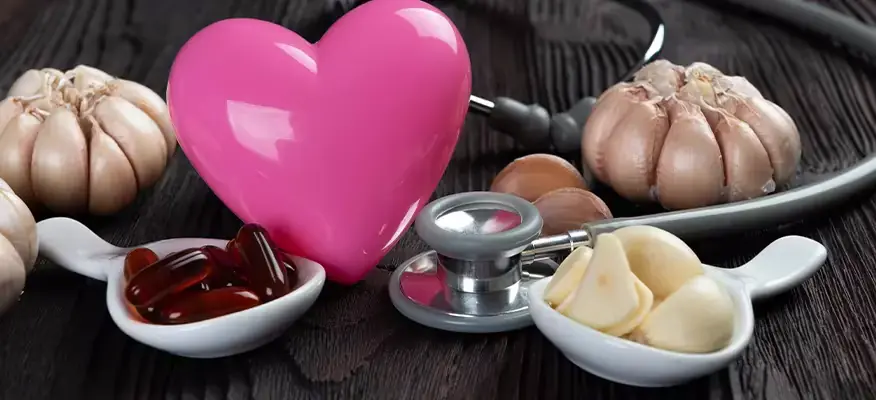
❤️ The Real Relationship Between Vitamins and Your Heart
Vitamins and minerals can both protect and harm your heart — depending on balance.
Too little can cause deficiencies. Too much can backfire.
Dr. Leslie Cho, a preventive cardiologist at the Cleveland Clinic, puts it simply:
“You don’t want to get too much or too little of anything. Balance is everything.”
Take vitamin C, for example.
Low levels are linked to a higher risk of heart disease — but taking too much, especially if you have conditions like hemochromatosis, can harm your organs.
The goal isn’t to stockpile supplements.
It’s to keep your vitamin and mineral levels in a healthy, natural range — ideally through food.
🥗 Essential Nutrients for a Healthy Heart
Here are the key nutrients that matter most — and where to get them (no pills required).
🧠 Magnesium
Found in beans, leafy greens, nuts, and even dark chocolate.
Magnesium keeps your heartbeat steady, but too much from supplements doesn’t improve heart health.
If you’re low, you’ll know — your doctor can confirm with a simple blood test.
🌿 Folic Acid (Folate)
This B-vitamin helps lower homocysteine, a compound linked to artery hardening.
Get it naturally from spinach, asparagus, and whole grains — no fancy pills needed.
⚡ CoQ10
This co-enzyme supports energy production in cells and may help prevent muscle damage.
But research is still mixed on whether it truly reduces blood pressure or heart failure symptoms.
Instead of supplements, get your CoQ10 fix from fatty fish, olive oil, and nuts.
🌾 Fiber
Fiber lowers LDL (“bad” cholesterol) and boosts HDL (“good” cholesterol).
Aim to get yours from fruits, vegetables, whole grains, and legumes.
If your diet falls short, a gentle supplement may help — but whole foods always win.
🥑 Plant Sterols
Found in nearly all plant foods, these natural compounds can help lower cholesterol.
The secret? Eat a colorful variety of veggies, fruits, and whole grains.
Supplements are rarely needed and can mess with vitamin absorption if overused.
Pregnant people and children should skip them entirely.
🧄 Garlic
Garlic adds flavor — but not a miracle cure.
There’s little solid science proving that garlic lowers blood pressure or cholesterol.
Dr. Cho notes that high doses of garlic supplements can interfere with blood thinners and pressure meds, and cause unpleasant side effects like body odor or diarrhea.
Her advice: Enjoy it in your cooking — not your pill box.
💪 L-Carnitine
Your body naturally produces this amino acid, found in meat, seafood, and dairy.
It’s important for heart energy, but most people get enough from food.
Supplements aren’t usually necessary — and overdoing them may actually raise your risk of heart disease.
🍵 Green Tea Extract
Sipping green tea? Great idea.
Taking concentrated green tea extract capsules? Not so much.
Too much green tea extract can cause liver damage, insomnia, palpitations, and headaches.
Enjoy it fresh and hot instead.
💊 Do Supplements Really Boost Heart Health?
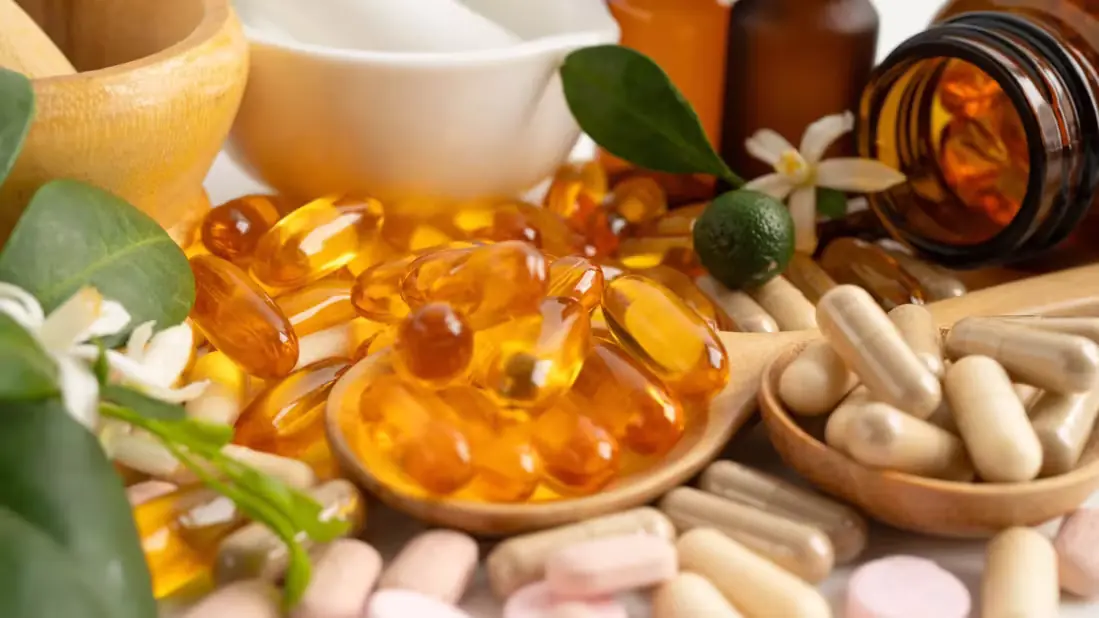
Short answer: Not unless you have a deficiency.
There’s little solid evidence that over-the-counter “heart health” supplements improve cardiovascular outcomes.
Dr. Cho puts it bluntly:
“Manufacturers are great at selling the idea, but supplements aren’t tested for efficacy.”
Even multivitamins labeled “for heart health” aren’t evaluated by the FDA, meaning you can’t be sure what’s actually in them.
Risks include:
-
Dangerous interactions with medications
-
Allergens or hidden toxins
-
Inconsistent dosing
-
Unpleasant side effects
Always check with your doctor before starting anything new — especially if you already take prescription meds.
🚫 Supplements to Skip (or Use With Caution)
If you’re worried about your heart, steer clear of these popular — but risky — supplements:
❌ Vitamin E
Can raise the risk of heart failure and stroke in some people. Not recommended for anyone with existing heart conditions.
❌ Vitamin D
Only supplement if your levels are clinically low. Extra D won’t improve heart health.
❌ Calcium
Linked to potential increases in cardiovascular disease risk when taken as pills.
❌ Fish Oil
Despite its hype, new studies show it doesn’t lower heart disease risk — and may even increase the risk of atrial fibrillation (Afib).
❌ Flaxseed Oil
Can lower cholesterol, but may interact with blood thinners and upset your stomach.
❌ Choline
Too much can cause nausea and potentially increase heart disease risk.
❌ Animal-Based Thyroid Supplements
Can dangerously raise heart rate and blood pressure when combined with other heart meds.
❌ Red Yeast Rice
Contains a compound similar to prescription statins — but dosing is inconsistent and can be toxic in high amounts.
❌ Caffeine Boosters
Common in sports and weight-loss supplements. Too much caffeine can spike your heart rate and blood pressure, and trigger palpitations.
🩺 The Takeaway
You can’t bottle good nutrition — and your heart knows the difference.
The best way to protect it is still the simplest:
✅ Eat real food.
✅ Get your vitamins from nature, not pills.
✅ Check your levels with your doctor before adding supplements.
As Dr. Cho reminds us:
“Don’t take chances with your heart. Run everything by your doctor before putting it into your body.”
Your future self — and your heartbeat — will thank you. ❤️
News in the same category


Why You Keep Waking Up Between 3 and 4 AM - 4 Health Issues Your Body May Be Signaling

Indoor Air Quality: 6 Common Household Items That May Affect Your Lungs — And How to Use Them Safely
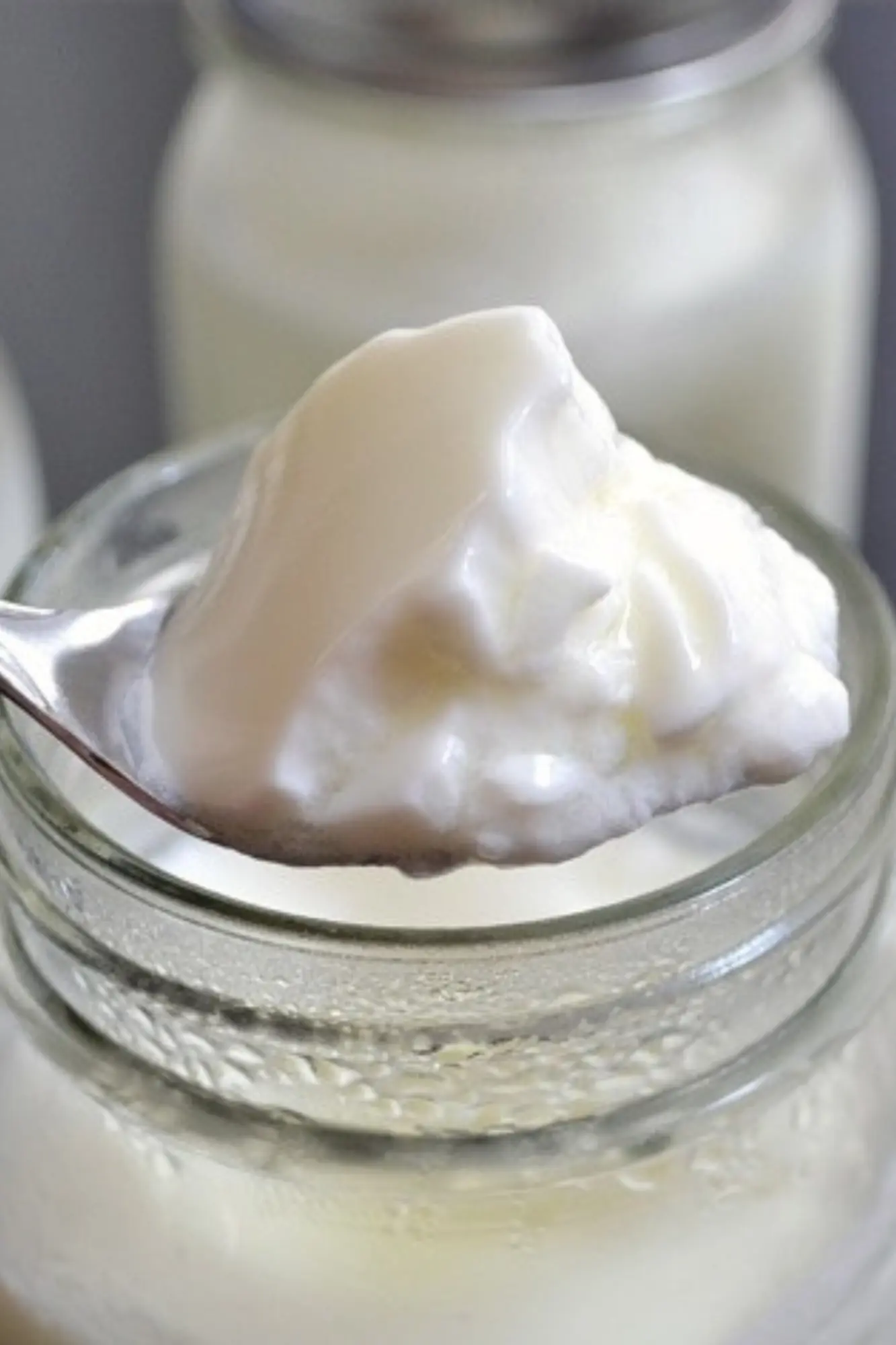
5 common mistakes when using yogurt that can be harmful to your health that you may not know

Scientists May Have Actually Found One Of The Causes Of Autism
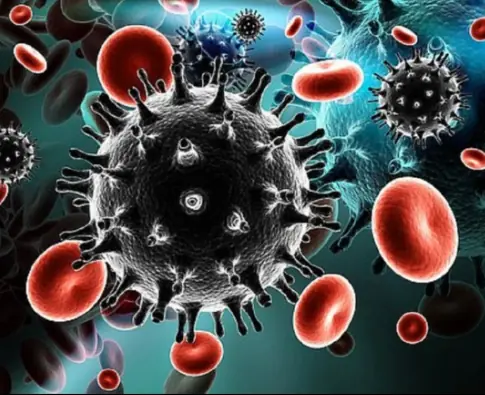
Itching in 9 Areas: A Warning Sign of Malignant Tumors, Number 7 Is the Most Common
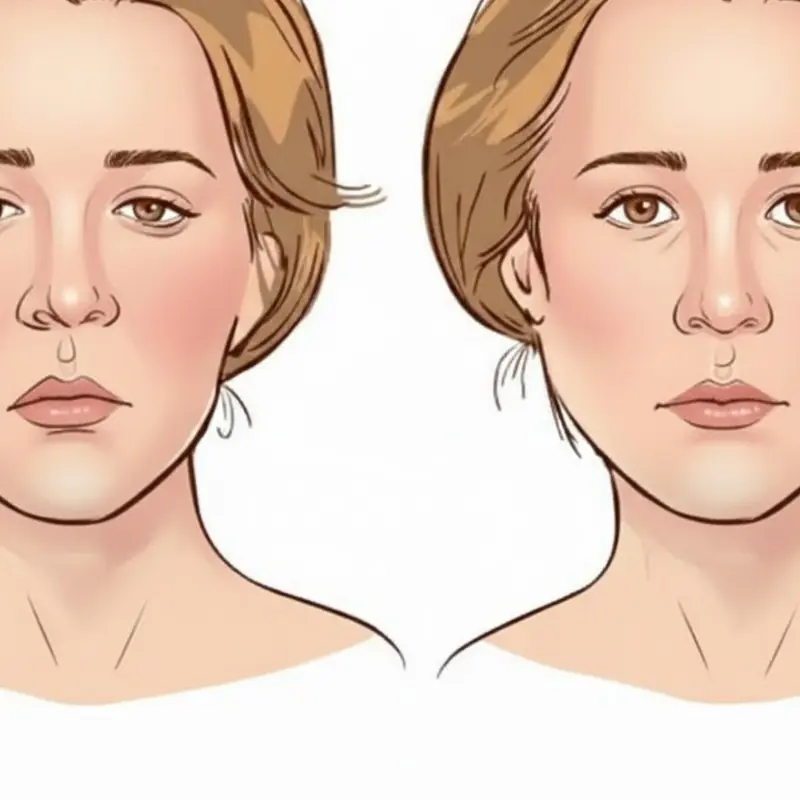
Doctors Warn: Stroke May Present a Subtle Early Sign Up to Three Months Before It Occurs
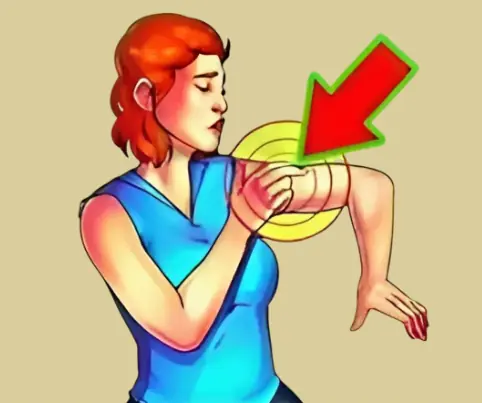
7 Signs of Mini Stroke in The Elderly
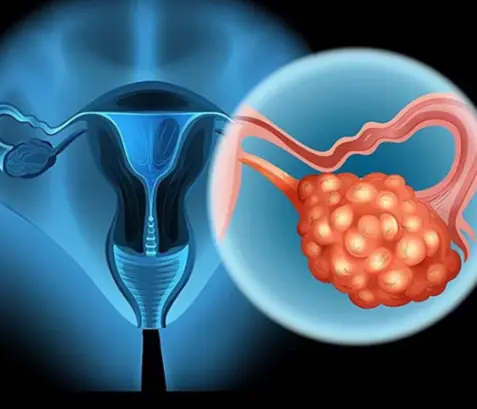
8 Early Warning Signs Of Ovarian Can:cer You Shouldn’t Ignore

What Does It Mean When You Dream About Someone Close Who’s Died?

5 Alarming Stroke Warning Signs to Watch for in Young People
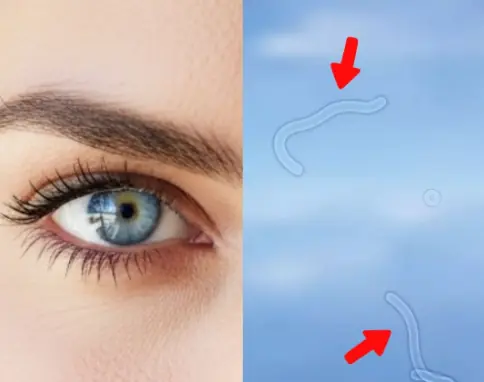
What Are Eye Floaters? Here What To Do If you Start Seeing Them, According to an Eye Doctor
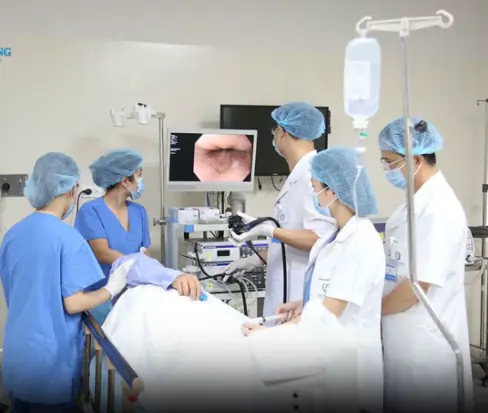
36-Year-Old Teacher Dies From Diabetes Doctors Say Was Triggered By Everyday Foods

Discover Love in the Little Things: Everyday Connections
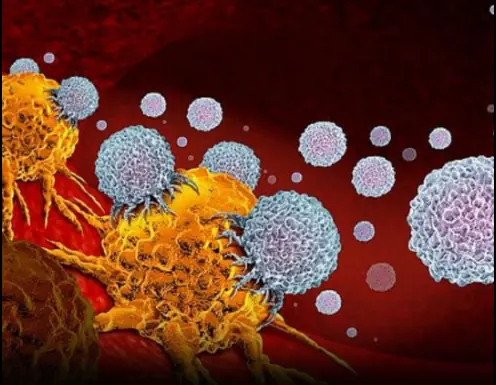
Itching in 9 Areas: A Warning Sign of Malignant Tumors, Number 7 Is the Most Common

The Hidden Danger Hour: Doctors Warn Sleeping at This Time Could Trig:ger 4 Serious Health Problems

Why Many Modern Hotels Use Transparent Glass Bathrooms - The Real Reasons Behind the Design
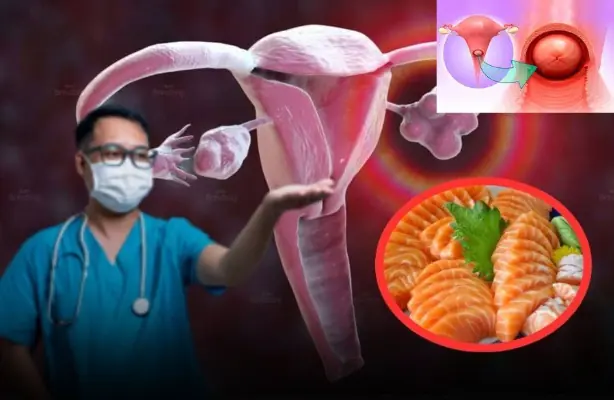
3 “Golden” Foods That Help Women During Menopause
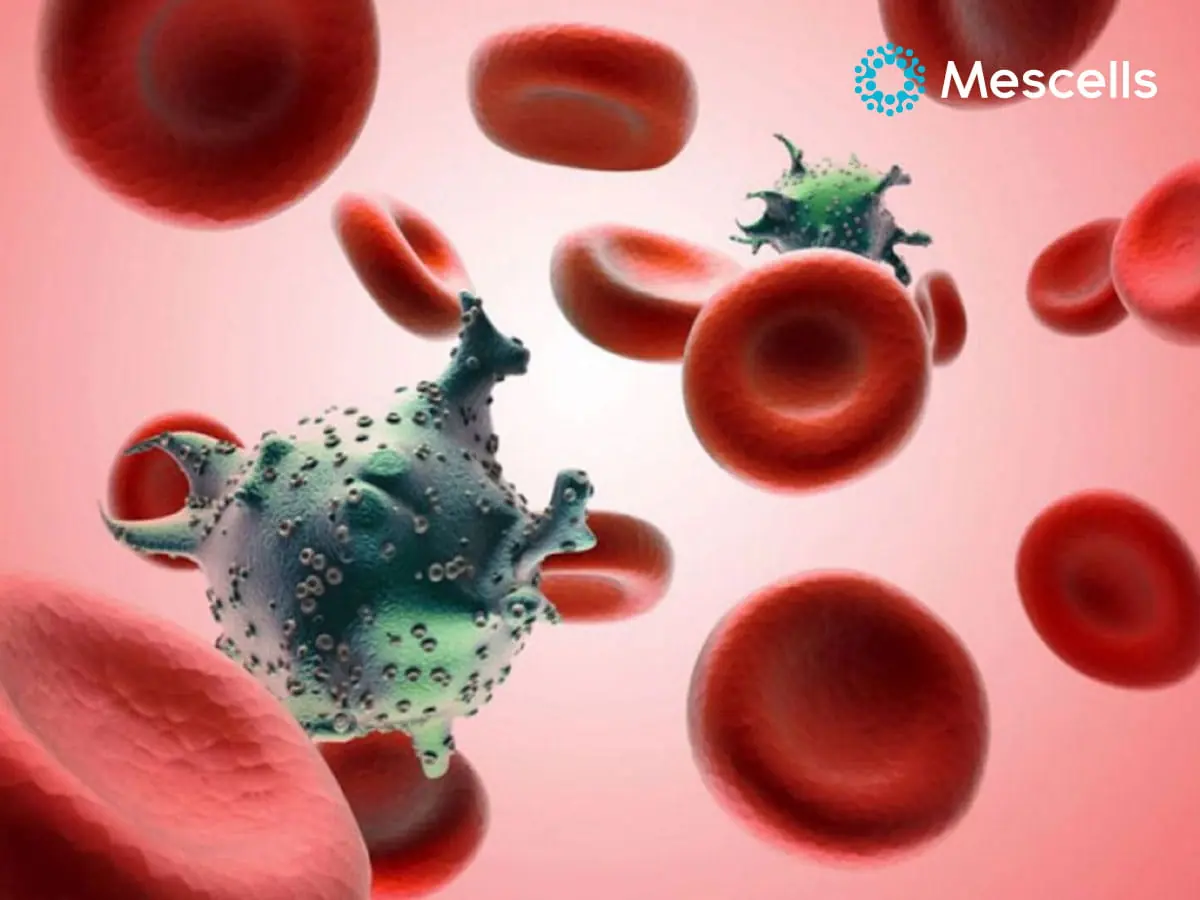
8 foods that ki.ll can.cer cells
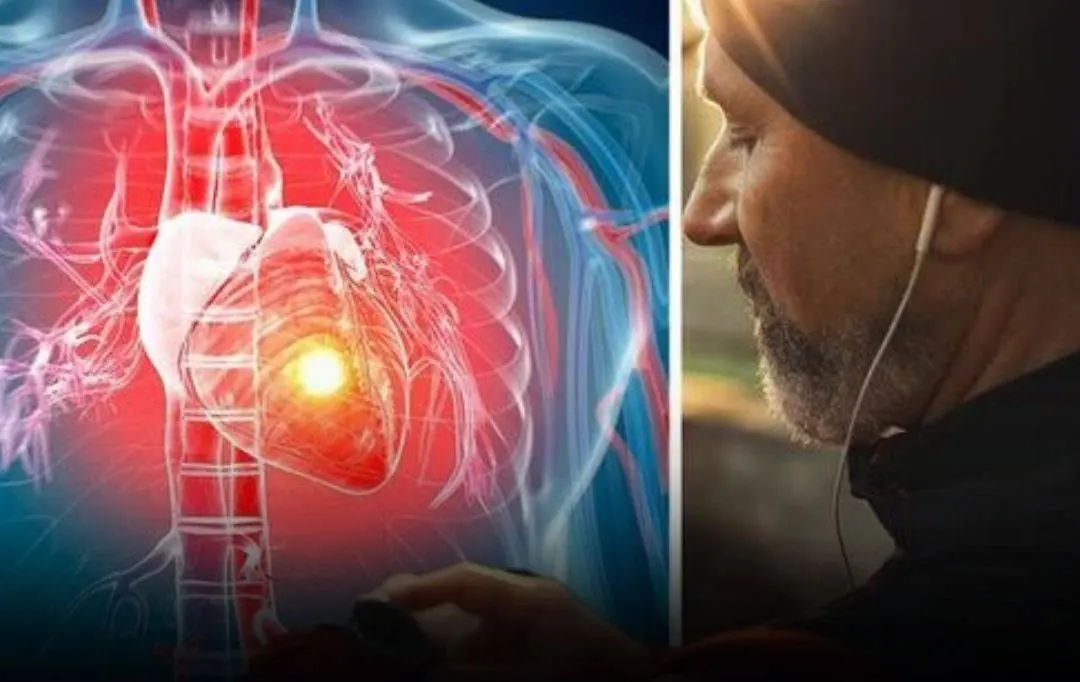
Your body can sometimes show early signs of cardiovascular stress
News Post

Tomato Basil Bruschetta

Mediterranean Tortellini Pasta Salad

Swollen Feet? Don’t Ignore This Clear Red Flag — Here’s What It Really Means
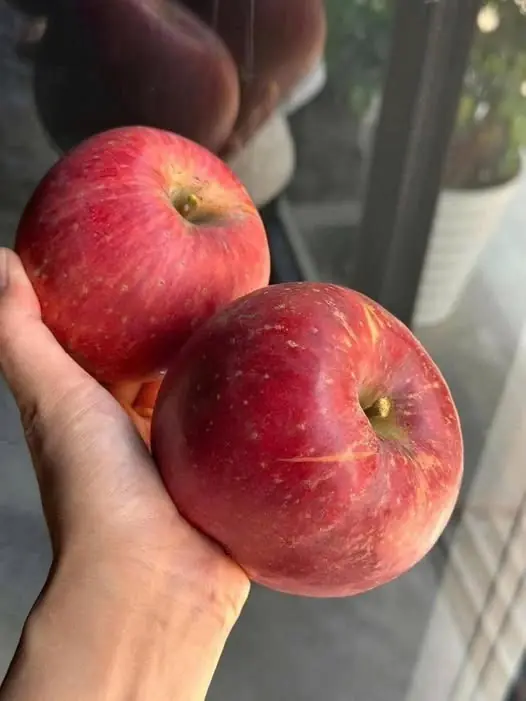
Doctors Reveals That Eating Apples Causes

How to Deep-Clean Bed Pillows and Restore Them to Cloud-Like Freshness—Naturally

Why You Keep Waking Up Between 3 and 4 AM - 4 Health Issues Your Body May Be Signaling

Indoor Air Quality: 6 Common Household Items That May Affect Your Lungs — And How to Use Them Safely
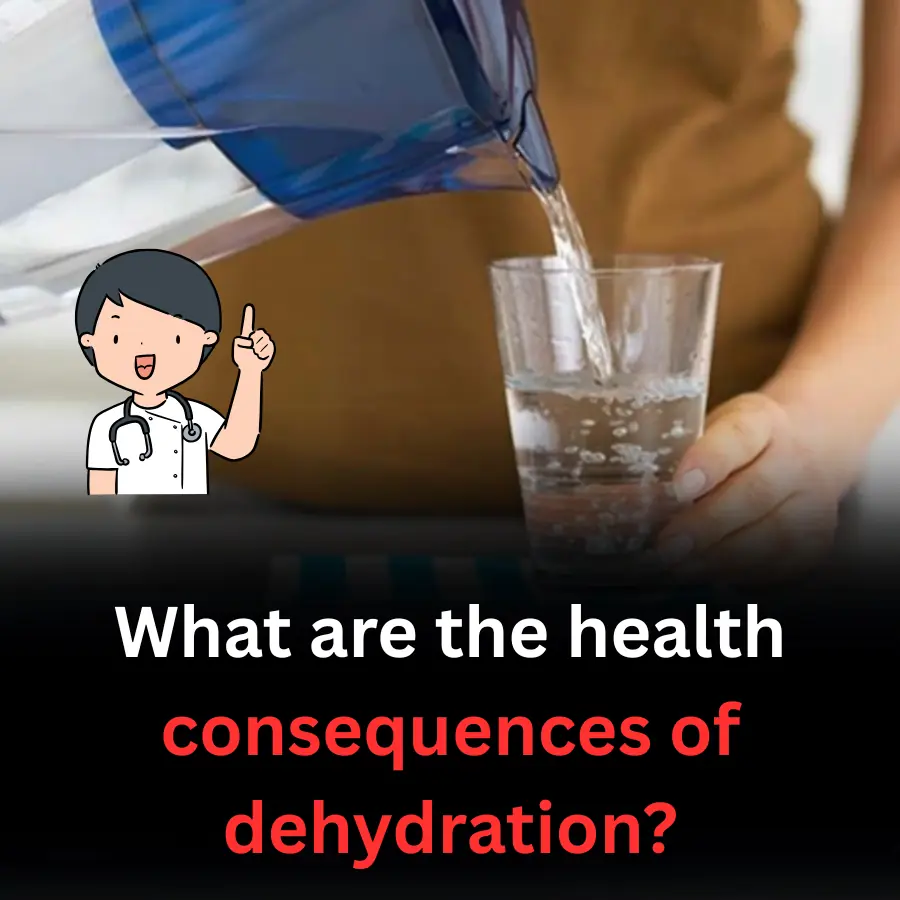
What are the health consequences of dehydration?

5 common mistakes when using yogurt that can be harmful to your health that you may not know

Scientists May Have Actually Found One Of The Causes Of Autism

Itching in 9 Areas: A Warning Sign of Malignant Tumors, Number 7 Is the Most Common

Doctors Warn: Stroke May Present a Subtle Early Sign Up to Three Months Before It Occurs

7 Signs of Mini Stroke in The Elderly

8 Early Warning Signs Of Ovarian Can:cer You Shouldn’t Ignore

What Does It Mean When You Dream About Someone Close Who’s Died?

5 Alarming Stroke Warning Signs to Watch for in Young People

What Are Eye Floaters? Here What To Do If you Start Seeing Them, According to an Eye Doctor

36-Year-Old Teacher Dies From Diabetes Doctors Say Was Triggered By Everyday Foods

Discover Love in the Little Things: Everyday Connections
